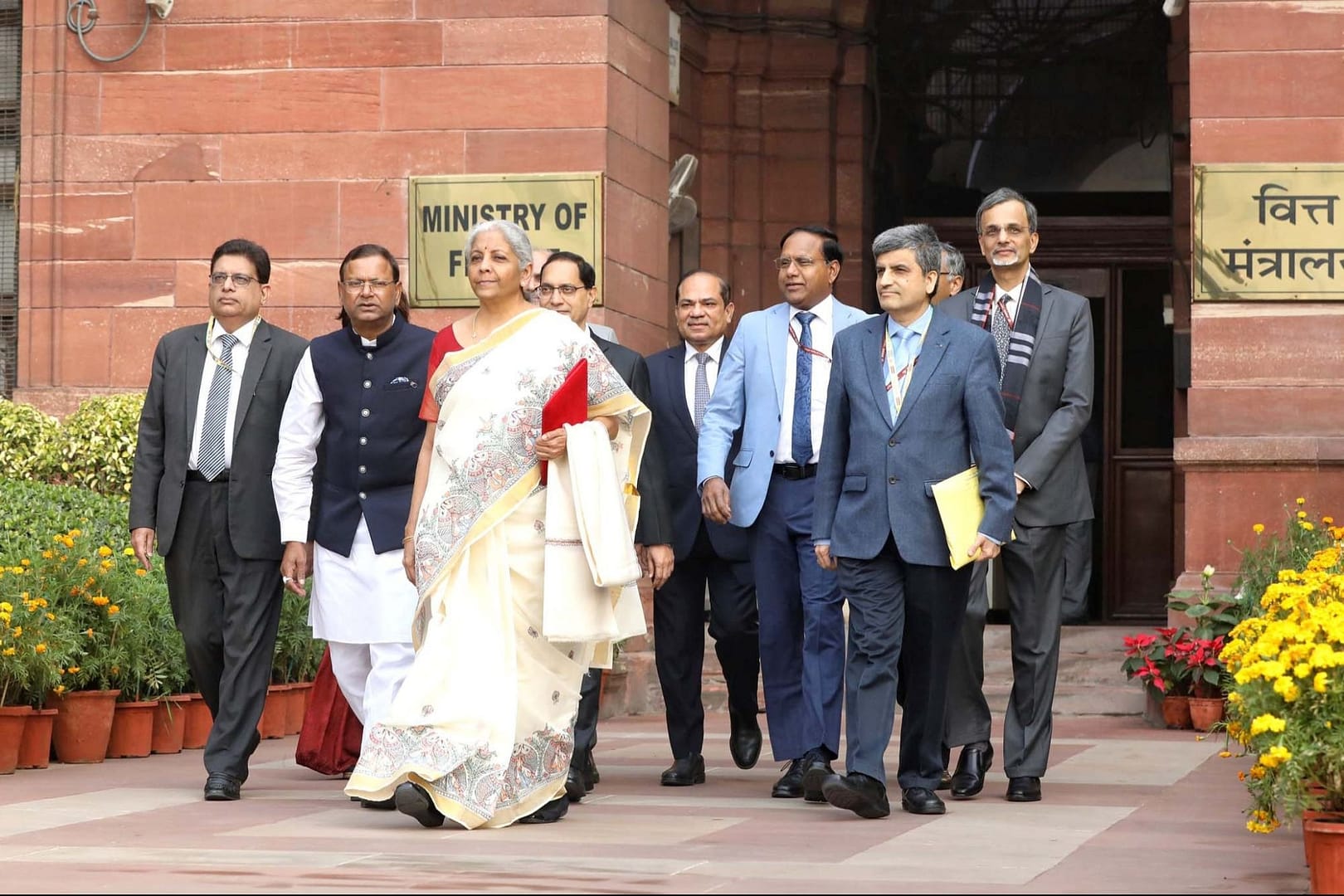Opinions expressed by Entrepreneur contributors are their own.
You’re reading Entrepreneur India, an international franchise of Entrepreneur Media.
Union Budget 2025 has put a heightened focus on new-age technology and fintech alongside other areas, which has gathered a positive response from the venture capital (VC) community.The additional allocation of funds towards startups, along with a push to renewable sources of energy like Nuclear is “pathbreaking” in developing nations, said Karan Mehta, Venture Principal at Green Frontier Capital.”These measures are poised to drive the development of cutting-edge technologies and innovative business models, propelling India towards its Net Zero targets. By empowering startups, India is not only strengthening its domestic economy but also positioning itself as a pivotal contributor in the global fight against climate change,” said Mehta.Nirmala Sitharaman, the Union Finance Minister announced on budget day, the introduction of a new ‘Fund of Funds’ for startups with a fresh contribution of INR 10,000 crore.The scheme will provide capital to the Security and Exchange Board of India (SEBI)-registered Alternative Investment Fund (AIFs), also known as daughter funds, who invest money into the startup ecosystem as part of fundraises through equity and equity linked-instruments.Ganesh Raju, founder of Turbostart Global, said that the new INR 10,000 crore Fund of Funds, combined with streamlined business registration processes, shows that the country is moving beyond mere funding to creating an enabling environment for innovation.Raju said that the emphasis on credit access, particularly the 1 per cent guarantee fee for loans up to INR 20 crore in 27 key sectors, could be transformative for startups working on capital-intensive solutions in manufacturing, deep tech, and other strategic sectors.”This is crucial as we see a shift from pure digital plays to more complex, innovation-driven ventures. However, the real test lies in implementation. While compliance reduction is a step in the right direction, startups need a more fundamental ease of doing business – faster fund deployment, clearer regulatory frameworks, and simpler tax structures. These are critical for early-stage ventures where time and resources are always at a premium,” said Raju.This year’s budget has also showcased the government’s aim to foster financial inclusion, with sectors such as fintech receiving special focus.Beams Fintech Fund co-founder Sagar Agarvwal feels that the revised income tax slabs, especially the tax rebate on income up to INR 12 lakh per annum means that there is more disposable income in the hands of individuals and will create a ripple effect on the lending sector, boosting demand for loans and credit products – a key driver for fintech growth.”For the fintech sector, the emphasis on digital infrastructure, cybersecurity, and innovation in technologies like AI and blockchain is particularly encouraging,” said Agar

